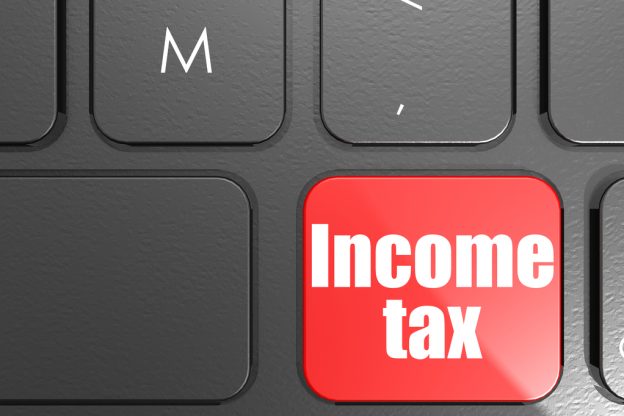
The 2023/2024 tax year is starting on the 6 April which can mean you will be issued with a new tax code from HMRC.
Your tax code is something that should be checked regularly to ensure you don’t overpay or underpay income tax.
Checking your 2023/2024 tax code as early as you can let’s you reduce any negative financial effects by having an incorrect code in the future.
If your circumstances haven’t changed HMRC will typically keep you on the same tax code that was being used at the end of the 22/23 tax year.
Where do you find your 23/24 Tax Code?
HMRC will tell your employer what tax code to use and you’ll find it on your payslip. You can find your tax code in your personal tax account or the HMRC app which can be downloaded for free.
2023/2024 tax free Personal Allowance
The tax free personal allowance for the 23/24 tax year has been kept the same as the previous tax year at £12570. Your personal allowance is important because it is used to calculate your tax code along with any company benefits you may receive.
Check your tax code if you have a company benefit
If you are no longer receiving a company benefit that you have had in the past it is best practice to check that your tax code has been updated to reflect the fact.
Sometimes tax codes can include a company benefit which you are not in receipt of and this will normally mean you are paying too much tax.
An example is when you stop receiving a company car your tax code should be updated with the company car benefit being removed from your code as soon as possible.
Your employer should tell HMRC that the company benefit has ceased which should allow for your tax code to be changed.
How do I change my tax code for the 23/24 tax year?
To change or check your tax code for the 2024 tax year you will need to contact HMRC directly. You can use the online HMRC check your income tax service or you can call HMRC on 0300 200 3300.
HMRC can amend your tax code to take into account the changes in your circumstances and send your employer or other source of income a new tax code to use in your next pay.







